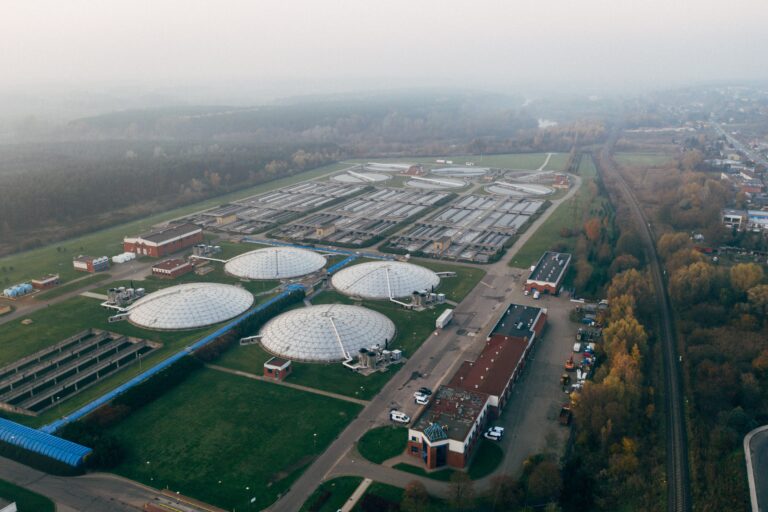PVC Valves
Have you ever wondered how water flows through pipes and controls the flow? The answer lies in PVC valves. These small but essential components play a significant role in regulating the flow of water, gas, and other fluids in plumbing systems.
Why Use a PVC Valve?
Using a PVC valve instead of a standard brass valve can offer a number of benefits. For one, PVC is a much more affordable material than brass, making it an attractive option for businesses looking to cut costs.
But cost savings isn’t the only advantage. PVC valves also tend to be much lighter than brass valves, making them easier to install and move around as needed. They’re also highly resistant to corrosion and chemicals, which can make them a better choice for applications that involve harsh substances or environments.
Another benefit of PVC valves is that they’re often more flexible than brass valves and are typically much quieter than brass valves, which can be important in situations where noise levels need to be kept down.
Of course, there are some downsides to using PVC valves as well. They may not be as durable as brass valves, and they may not be able to withstand the same levels of pressure and temperature.
What Types of Valves are Available in PVC?
Ball Valves
One common type is the ball valve, which has a spherical ball inside that rotates to control the flow of fluid. For more information on ball valves visit our blog PVC-U & ABS ball valves.
Gate Valves
Another type is the gate valve, which has a sliding gate that stops or allows flow.
Butterfly Valves
There are also butterfly valves, which use a disc that rotates to regulate the flow, and check valves, which only allow flow in one direction.
Diaphragm Valves
Diaphragm valves use a flexible diaphragm to regulate flow, while needle valves use a small, tapered pin to finely adjust flow.

Where are PVC Valves Commonly Used?
PVC valves are commonly used in a variety of industries and applications. They are often used in plumbing systems to regulate the flow of water and other liquids.
These valves are also commonly used in the chemical and pharmaceutical industries, where they are used to control the flow of corrosive or hazardous chemicals.
They are also used in irrigation systems, where they regulate the flow of water to crops and other plants.
In addition, PVC valves are used in HVAC systems to regulate the flow of air and in swimming pool systems to control the flow of water.
Conclusion
In conclusion, PVC valves are the unsung heroes of the industrial world. From chemical plants to water treatment facilities, these valves play a crucial role in ensuring the safe and efficient flow of liquids and gases.
So, if you’re in the market for industrial valves, don’t overlook PVC. With their strength, durability, and affordability, they just might be the perfect solution for your needs.
